The Messiah Comes to Middle-Earth and The Hobbit Party: The Vision of Freedom that Tolkien Got, and the West Forgot
Please send me the following
Description
Description
How can we grasp the significance of what Jesus Christ did for us? Might literature help us as we seek to understand the Christian faith?
J.R.R. Tolkien’s The Lord of the Rings has generated much discussion about the relationship between Christianity and literature. It is well known that Tolkien disliked allegory. Yet he acknowledged that his work is imbued with Christian symbolism and meaning.
The Messiah Comes to Middle-Earth: Images of Christ’s Threefold Office in The Lord of the Rings is based on the inaugural Hansen Lectureship series delivered at the Marion E. Wade Center by Philip Ryken, this volume mines the riches of Tolkien’s theological imagination. In the characters of Gandalf, Frodo, and Aragorn, Ryken hears echoes of the threefold office of Christ—his prophetic, priestly, and royal roles. Guided by Ryken, readers will discover that they can learn much about the one who is the true prophet, priest, and king through Tolkien’s imaginative storytelling.
Anyone who has read The Hobbit and The Lord of the Rings can gather that their author hated tyranny, but few know that the novelist who once described himself as a hobbit “in all but size” was—even by hobbit standards—a zealous proponent of economic freedom and small government. There is a growing concern among many that the West is sliding into political, economic, and moral bankruptcy. In his beloved novels of Middle-Earth, J.R.R. Tolkien has drawn us a map to freedom.
Scholar Joseph Pearce, who himself has written articles and chapters on the political significance of Tolkien’s work, testified in his book Literary Giants, Literary Catholics, “If much has been written on the religious significance of The Lord of the Rings, less has been written on its political significance—and the little that has been written is often erroneous in its conclusions and ignorant of Tolkien’s intentions…. Much more work is needed in this area, not least because Tolkien stated, implicitly at least, that the political significance of the work was second only to the religious in its importance.”
Several books ably explore how Tolkien’s Catholic faith informed his fiction. None until now have centered on how his passion for liberty and limited government also shaped his work, or how this passion grew directly from his theological vision of man and creation. The Hobbit Party fills this void.
The few existing pieces that do focus on the subject are mostly written by scholars with little or no formal training in literary analysis, and even less training in political economy. Witt and Richards bring to The Hobbit Party a combined expertise in literary studies, political theory, economics, philosophy, and theology.
Reviews (0)
Only logged in customers who have purchased this product may leave a review.
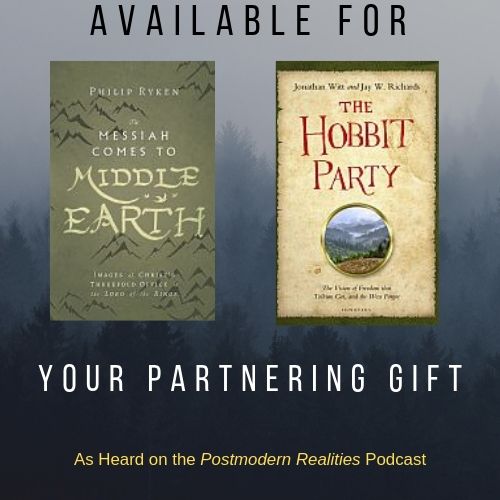
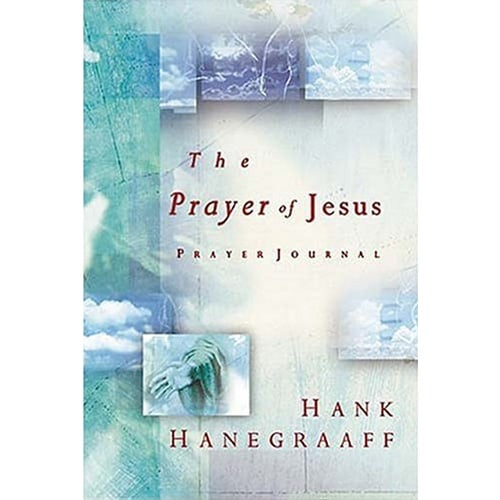
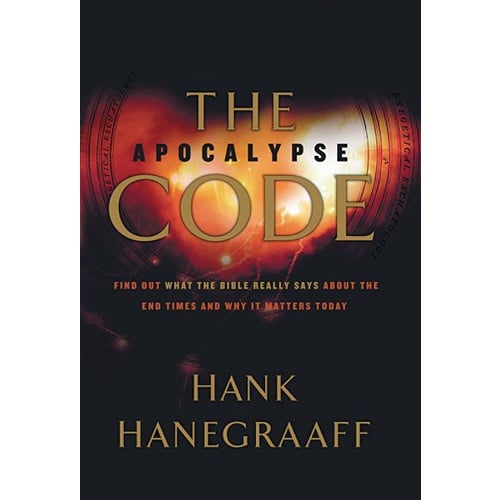
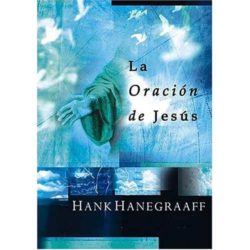
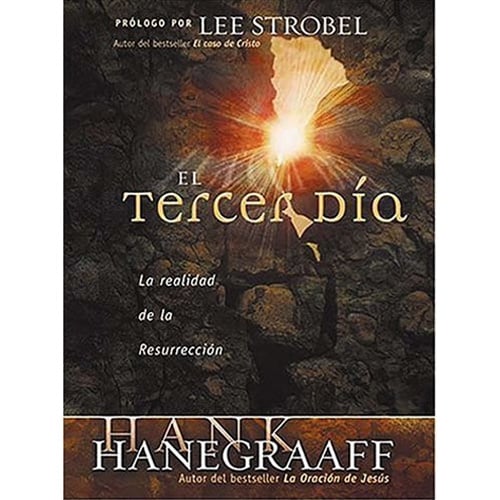
Reviews
There are no reviews yet.